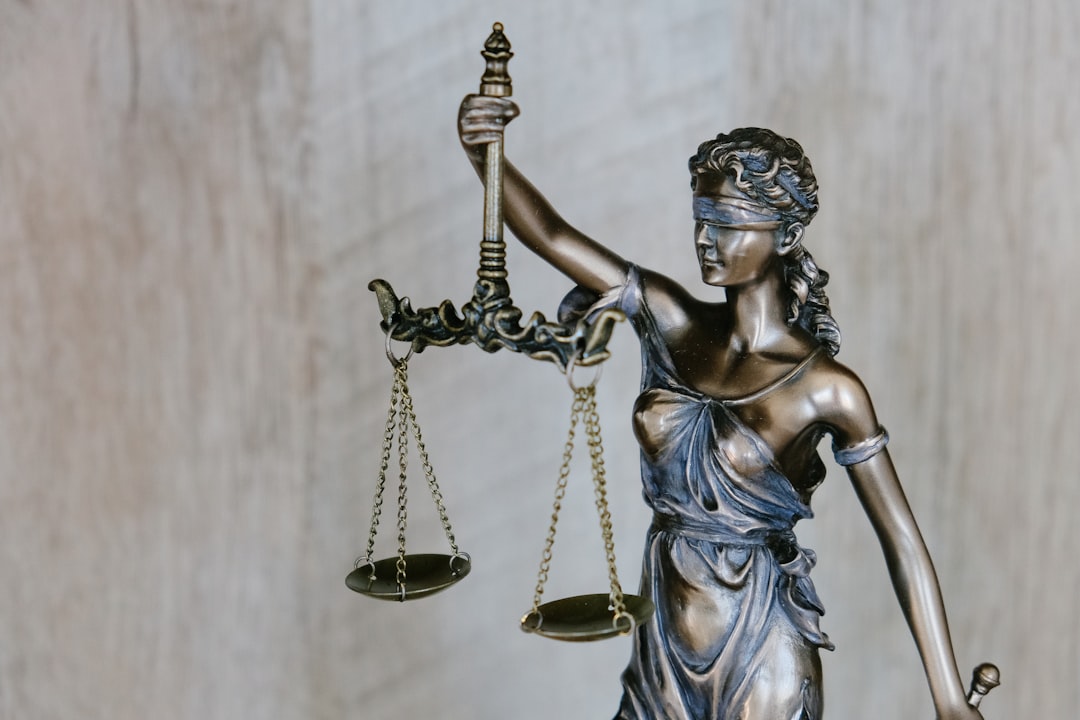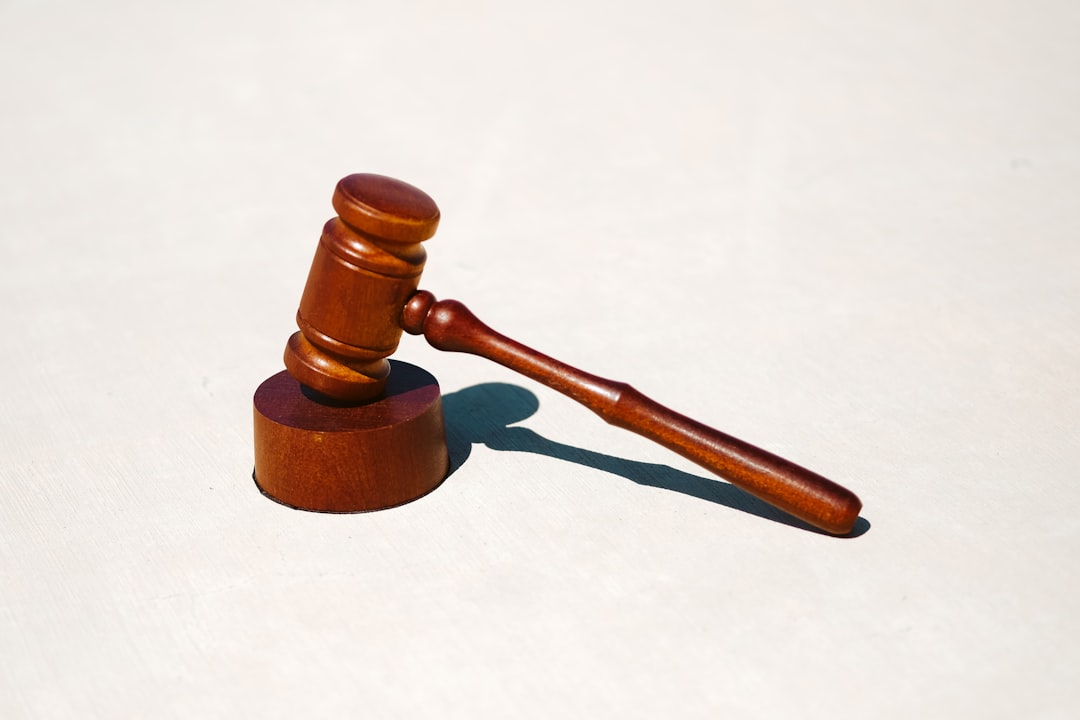In Indiana, understanding sexual assault laws and discussing them with children is crucial. A sexual assault attorney can guide parents and guardians through legal definitions and help kids recognize and report inappropriate behavior. Creating a safe, trustworthy environment is key to open communication about sensitive topics like sexual assault. This involves adapting age-appropriate teaching methods, validating emotions, and encouraging self-expression. When a child discloses an experience, adults should respond empathetically and connect them with resources, including a sexual assault attorney in Indiana for legal guidance and support. Engaging such an attorney is vital for facing charges or seeking justice as a survivor, ensuring a dedicated advocate navigates complex laws while the individual focuses on healing.
In Indiana, discussing sexual assault with children can be challenging but essential. This comprehensive guide navigates how to approach this sensitive topic, from understanding legal definitions and state laws to creating safe spaces for open communication. We offer age-appropriate strategies for conversations, guidance on responding to disclosures, and insights into the crucial role of a sexual assault attorney in Indiana. By empowering parents and caregivers, we aim to foster a culture where kids feel heard and protected.
Understanding Sexual Assault: Definitions and Laws in Indiana

In Indiana, sexual assault is a serious criminal offense defined as any unwanted sexual contact or penetration, including forcible or fraudulent acts. This includes a wide range of behaviors such as rape, sexual battery, and indecent conduct with a minor. The legal definitions and classifications of sexual assault in Indiana are designed to protect victims and hold perpetrators accountable.
Understanding the specific laws related to sexual assault is crucial for parents and guardians when discussing these sensitive topics with children. A sexual assault attorney in Indiana can provide valuable insights into state laws, helping families navigate this complex issue. By familiarizing themselves with the legal definitions, parents can better communicate the seriousness of sexual assault, empowering kids to recognize and report any inappropriate behavior while ensuring they have a clear understanding of their rights and available resources.
Creating a Safe Space: Building Trust with Children

Creating a safe space is paramount when discussing sensitive topics like sexual assault with children. Building trust is essential; kids need to feel comfortable and secure sharing their thoughts and feelings without fear of judgment or repercussions. A sexual assault attorney in Indiana emphasizes the importance of establishing an environment where children understand they are in control, their privacy is respected, and their concerns are taken seriously.
This can be achieved through open communication, active listening, and validating their emotions. Using simple, age-appropriate language, explaining that their bodies belong to them alone, and encouraging them to express themselves however they feel comfortable—whether through words, art, or play—are effective strategies. The goal is to foster a relationship built on trust so that children know they can turn to a trusted adult for help if they ever experience or witness sexual assault.
Age-Appropriate Communication Strategies

Talking to kids about sexual assault can be a challenging yet crucial task, and tailoring your approach to their age is essential. For younger children (ages 3-7), use simple language and focus on teaching them the names of different body parts, including private areas. Explain that these parts are special and should only be touched by people who take care of them, like parents or doctors. This early education can help build a foundation for understanding boundaries and consent.
As kids get older (7-12), you can begin discussing sexual assault in more depth. Teach them about personal space, consent, and the concept of ‘no means no’. Encourage open dialogue where they feel comfortable asking questions. Consider involving age-appropriate resources like books or videos to make the conversation less intimidating. It’s also a good idea to suggest they share any worries with a trusted adult, and reinforce that they should never keep secrets if something makes them uncomfortable, prompting them to seek help from a sexual assault attorney in Indiana if needed.
Responding to Disclosures: What to Do and Say

When a child shares an experience of sexual assault, it’s crucial to respond with empathy and care. As a sexual assault attorney in Indiana, I’ve seen firsthand how important it is for adults to create a safe space for kids to share their stories. Start by listening actively and non-judgmentally. Let the child know that what they’re sharing is serious and needs to be taken seriously. Avoid minimising or dismissive responses; instead, validate their feelings and assure them that they are not alone.
Use simple, age-appropriate language to explain that what happened is inappropriate and wrong. Reassure them that it’s okay to tell someone, and encourage them to reach out to trusted adults like parents, teachers, or a sexual assault attorney in Indiana. Offer practical support like accompanying them to report the incident to local authorities or connecting them with child-specific resources for emotional support. Remember, your role is to be a compassionate listener and guide, helping them navigate this difficult situation with dignity and safety.
Legal Aspects: The Role of a Sexual Assault Attorney in Indiana

When navigating the complex legal landscape surrounding sexual assault cases in Indiana, involving a specialized sexual assault attorney is crucial. These attorneys are equipped to handle the unique challenges and sensitive nature of such cases, ensuring that the rights of all parties are protected. In Indiana, sexual assault is taken seriously, with strict laws in place to prosecute offenders and provide support for survivors. A qualified sexual assault attorney can guide clients through the legal process, offering expert knowledge of state regulations and best practices.
Their role encompasses a range of responsibilities, from gathering evidence and interviewing witnesses to negotiating plea deals or advocating for acquittals in court. These attorneys also play a vital part in ensuring that survivors receive appropriate care and support, including connecting them with healthcare services, counseling, and legal advocacy groups. By engaging the expertise of a sexual assault attorney Indiana, individuals affected by this traumatic event can focus on their healing journey while leaving the legal complexities to professionals dedicated to achieving justice.




